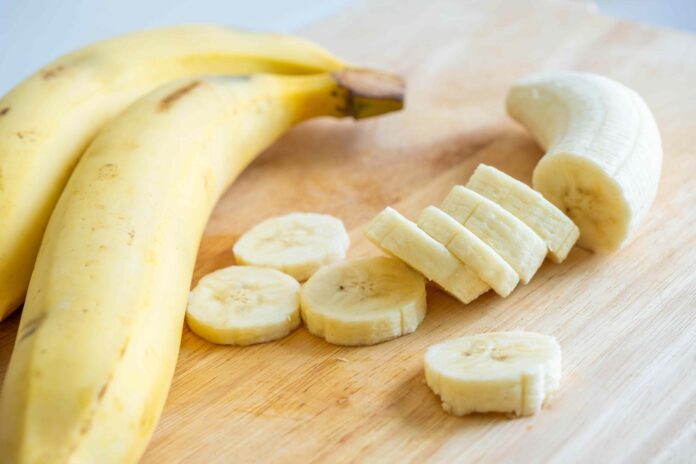Bananas are a nutritional powerhouse, packed with fiber, potassium, antioxidants, and essential vitamins. While there’s no single “best” time to enjoy this fruit, strategically timing your banana consumption can amplify its benefits. Whether you’re looking for an energy boost, improved digestion, better sleep, or enhanced athletic performance, understanding when to eat a banana can optimize its impact on your health.
Morning Benefits: Kickstarting Your Day
Starting your day with a banana provides a natural and sustained energy lift. A medium-sized banana delivers approximately 90 calories, with 26.9 grams of carbohydrates and natural sugars – a quick fuel source after an overnight fast. Beyond energy, bananas promote digestive health. The 3 grams of fiber, particularly resistant starch in unripe bananas, adds bulk to stool, easing digestion and supporting gut health. This fiber also slows sugar absorption, promoting satiety and reducing cravings. Finally, bananas neutralize stomach acids that build up overnight, potentially alleviating morning acid reflux.
Midday Recharge: Battling the Afternoon Slump
The midday slump is a common experience, but a banana can help combat fatigue. Its carbohydrates and natural sugars provide a sustained energy boost without the crash associated with processed snacks. Beyond energy, bananas are appetite-suppressing due to their fiber content, making them a filling snack that can help control hunger until dinner. For those active in the afternoon, bananas are also hydrating (75% water) and replenish electrolytes, particularly potassium, which regulates fluid balance.
Evening Optimization: Sleep, Satiety, and Mood
Bananas can also benefit your evening routine. They contain tryptophan, an amino acid that promotes sleep, alongside magnesium and vitamin B6, which boost melatonin production – the hormone regulating your sleep-wake cycle. Eating a banana in the evening may prevent late-night snacking by promoting fullness. Furthermore, the tryptophan converts to serotonin in the body, helping regulate mood and potentially reducing anxiety, further improving sleep quality. However, consuming a banana too close to bedtime may cause bloating or blood sugar spikes in some individuals.
Pre- and Post-Workout Fuel
Athletes can leverage bananas for enhanced performance. Before exercise, the easily digestible sugars provide quick energy. After a workout, bananas help replenish glycogen stores (muscle energy) and reduce inflammation. Studies show bananas can reduce muscle soreness and cramps, though evidence on cramp prevention is mixed. They also aid muscle repair.
In conclusion, the ideal time to eat a banana depends on your individual goals. Whether you seek a morning energy boost, midday satiety, improved sleep, or enhanced athletic performance, bananas offer versatile benefits that can be strategically incorporated into your daily routine



































